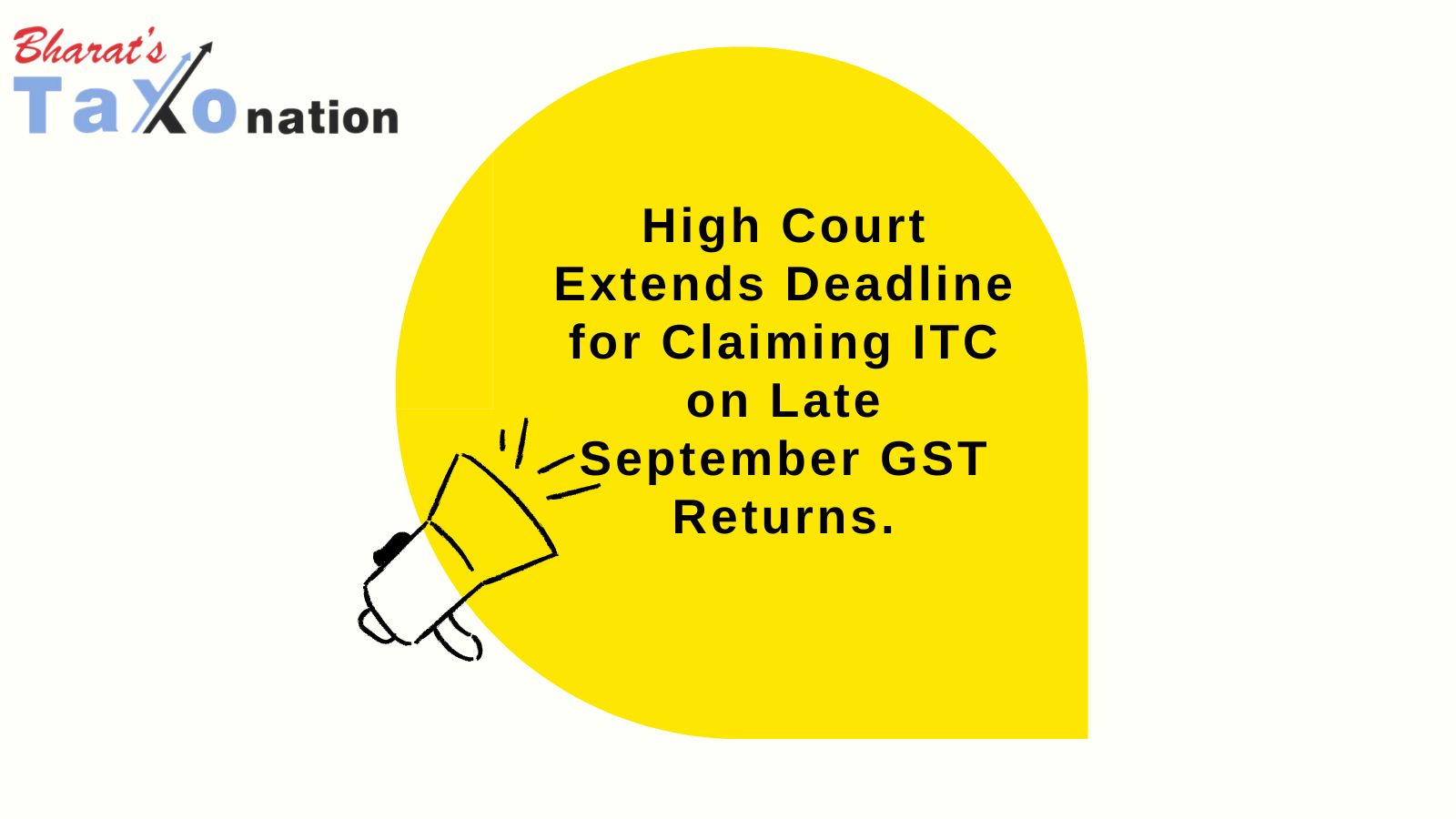
A recent court decision that provides relief for businesses who faced difficulties claiming Input Tax Credit (ITC) during the initial rollout of the Goods and Services Tax (GST) regime in India.
The Problem: Many businesses encountered technical issues or misunderstandings during the early stages of GST implementation. This led to situations where:
Technical Issues in GST Returns: In this set, the respective suppliers had remitted the GST but failed to reflect the same in their GSTR returns due to technical glitches.
Unremitted GST by Suppliers: This set involves petitioners who have received goods or services and possess valid tax invoices and proof of payment, including the GST component. However, the suppliers did not remit the GST to the government.
Lack of Clear Payment Proof: The third set comprises petitioners who hold invoices but lack clear proof of payment for the consideration and tax related to the inward supply, and may not have received the goods.
Common Legal and Factual Questions
These petitions raised common legal and factual questions, primarily concerning the procedural compliance and eligibility for ITC claims under the GST law. Given the shared issues, these cases were tagged and heard together, leading to a unified judgment that addresses the core concerns.
Initial GST Rollout and Circulars
The government recognized the challenges during the initial rollout of the GST regime, particularly for the financial years 2017-2018 and 2018-2019. To address these issues, two crucial circulars were issued:
ITC Claims and Procedural Compliance
The court noted that these circulars cover scenarios from the introduction of GST until the effective date of Section 16(2)(aa) on 01.01.2022. The judgment emphasized that ITC can be availed by recipients in bona fide scenarios listed in these circulars, provided they submit proof of payment to the government by the supplier.
Extension of Filing Deadlines
The court acknowledged the procedural difficulties faced by taxpayers and extended the deadline for filing returns for September from 30th September to 30th November of each succeeding financial year. This extension is retrospective, applicable from 01.07.2017, to accommodate the initial challenges of GST implementation.
Constitutional Validity of GST Provisions
The court rejected the challenge to the constitutional validity of Sections 16(2)(c) and 16(4) of the CGST Act, affirming their legality and applicability.
The Court's Decision: The court recognized the initial challenges businesses faced and provided two solutions:
GST Case Law K.S. Pareed versus State of Kerala
CItation-2024 TAXONATION 1530 (KERALA)
CLICK HERE TO READ FULL CASE LAW
OR
SUBSCRIBE GST E-LIBRARY (INDIA'S HIGHEST GST CASE LAW DATA)
FOR MORE UPDATE ON GST/ IT JOIN OUR FREE WHATSAPP GROUP BY CLICKING ON THIS LINK https://chat.whatsapp.com/C8VB6F6VHme3A061UDQKhj
Comment: